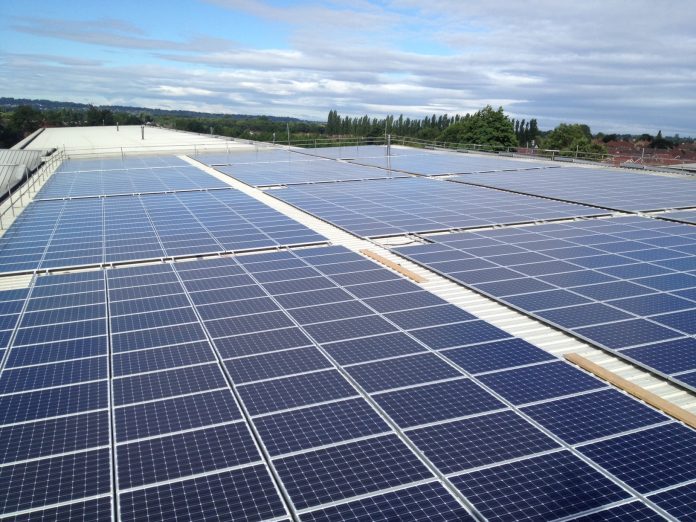Sierra Leone’s Ministry of Energy signed a public-private partnership (PPP) agreement with Winch Energy to construct 24 mini solar plants that will supply power to over 24000 residents in the country.
The company aims to make these operational by June 2019 and over 6,000 people are set to benefit from the direct connection to the mini-grids in the first phase of the project. Before the signing of the contract for its development in Sierra Leone, Winch Energy had already started installing 12 power plants in small towns and villages.
“We believe that electricity and related services are transforming communities, contributing to the development of local businesses and increasing wealth and prosperity. We are committed to making substantial investments in Sierra Leone and we plan to win more customers and communities in the coming months, with the help of our local team,” said Nicholas Wrigley, Chairman and CEO of Winch Energy.
Mini solar plant project
Mr Nicholas pointed out that electricity to the health centres will be prioritized to ensure they have the services they need to provide adequate health services to the local populations, especially in the event of any future health emergencies.
The Government of Sierra Leone is also combining this initiative with the Rural Renewable Energy Project (RREP), which aims to provide up to 5 MW in rural communities through small grid-connected solar power plants, with PPPs.
RREP is supported by the English government through grants, and the United Nations Office for Project Services (UNOPS). This project (RREP) is expected to impact a total of 70 communities not yet served by the national power grid.
Upon completion the 24 small power plants will produce a total energy capacity of 1.2 MW. The project will benefit the target communities through additional business services, which will increase income within the locality and offer a better serviced trading centre to the surrounding local population. The project will also encourage productive uses of electricity and larger industrial loads such as milling and welding.
Subscribe
Login
0 Comments
Oldest




